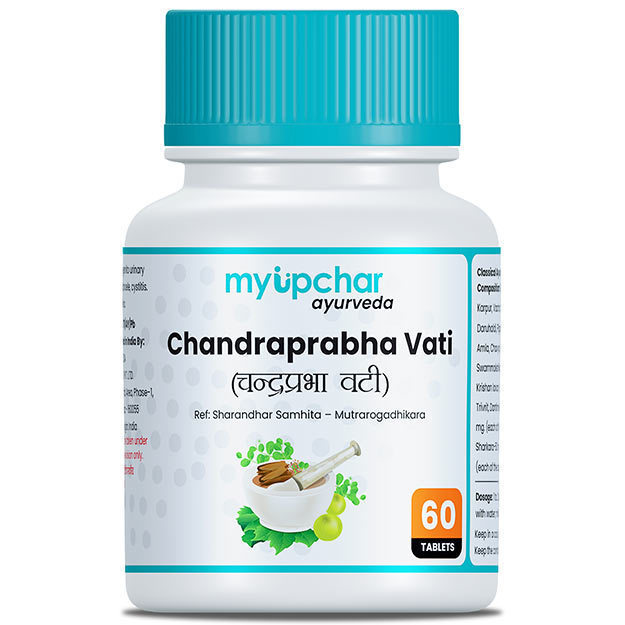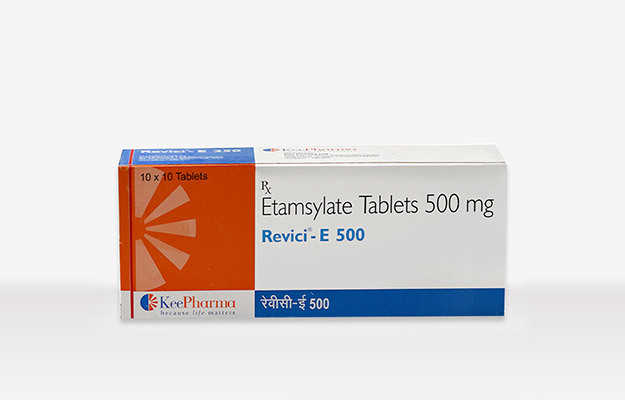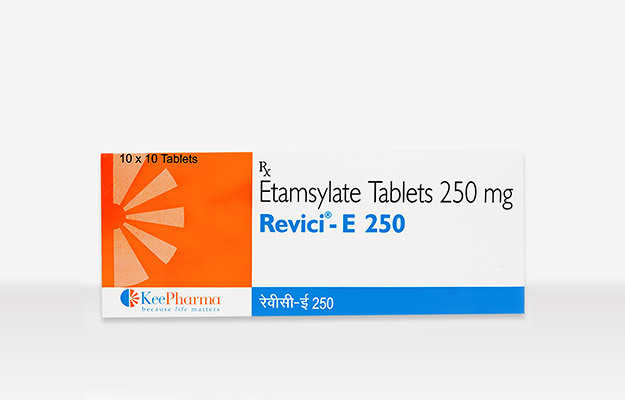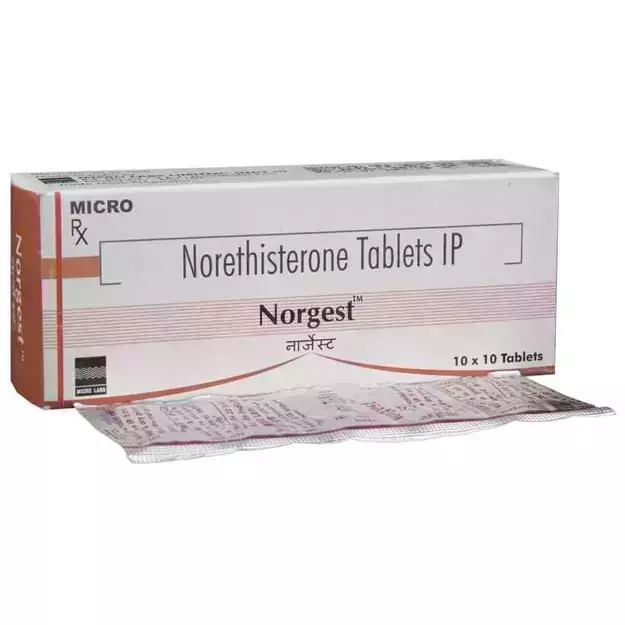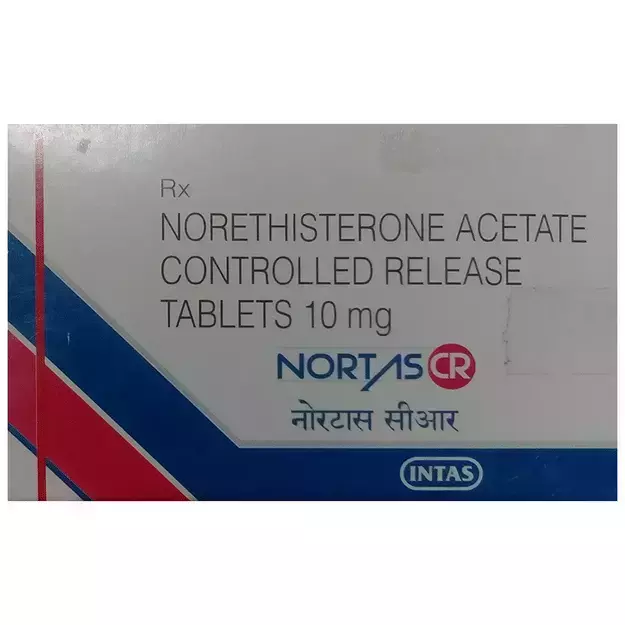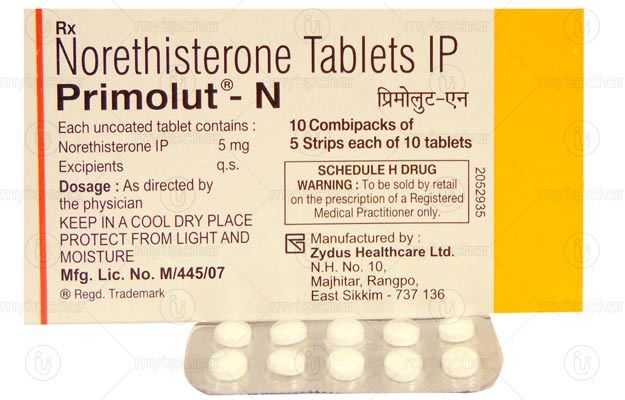Sylate is a prescription medicine that is available as a Tablet, Injection. It is primarily used for the treatment of Bleeding. Sylate also has some secondary and off-label uses. These are listed below.
The optimal dosage of Sylate is largely dependent on the individual's body weight, medical history, gender and age. Dosage also depends on the route of administration and your chief complaint for which the drug is prescribed. For detailed information on this, read through the dosage section.
The most common side effects of Sylate are Nausea or vomiting, Headache, Rash. Besides the aforementioned side effects, there are other adverse effects of Sylate as well, which are listed below. Such side effects of Sylate normally do not last long and go away once the treatment is completed. Please speak with your doctor if these side effects worsen or persist for a longer duration.
It is also important to note that Sylate has a Severe effect for pregnant women and Severe effect on lactating mothers. In addition, Sylate's effects on the liver, heart and kidney are discussed below in the Sylate related warnings section.
Other contraindications of Sylate have been discussed in the sections ahead.
Drug interactions for Sylate have been reported in the medical literature. Refer to the list below for further details.
In addition to these precautions, you may also note that Sylate is safe while driving, and is is addictive in nature.
X













